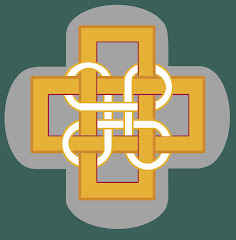John 20: 1-9
On this Easter Day, the Day of the Resurrection of Our Lord, how will Jesus appear to you?
In John’s gospel, the beloved disciple believed when he saw the spice-laden strips of linen lying scattered about in the tomb where Jesus’ body had been laid. Mary Magdalene recognized him and believed when she heard him speak her name, “Mary.” Other disciples believed when they saw Jesus’ hands and side, recognizing the scars of the crucifixion. Thomas believed when Jesus allowed him to touch and feel the scars.
Sight, sound, and touch – human senses encountering evidence of a divinely transformed life. These are the very same senses we bring to the worship of God in the Eucharist on this Easter Day. We gaze at the sunlit altar linen, hear the familiar words of the prayers and hymns, smell the burning candles, and hold and taste the bread and the wine – all human experiences of a divine event.
Jesus comes to us in the Eucharist to offer his loving reconciliation in the midst of brokenness – a brokenness he has shared intimately with us in his life on earth. This is his triumph over the powers of death: that Love prevails and Creation is restored.
Look around, you will see the face of Christ everywhere, and recognize him in the simplest gestures – eating bread, drinking wine, a familiar name spoken, a handclasp with a stranger speaking the words “Peace be with you.” And Jesus will be known to others through your own places of hurt and healing, when you allow them to see and touch these scars.
Rejoice! He is indeed risen, as he said! How will Jesus appear to you today?
The Rev. Dr. Ann Willms

